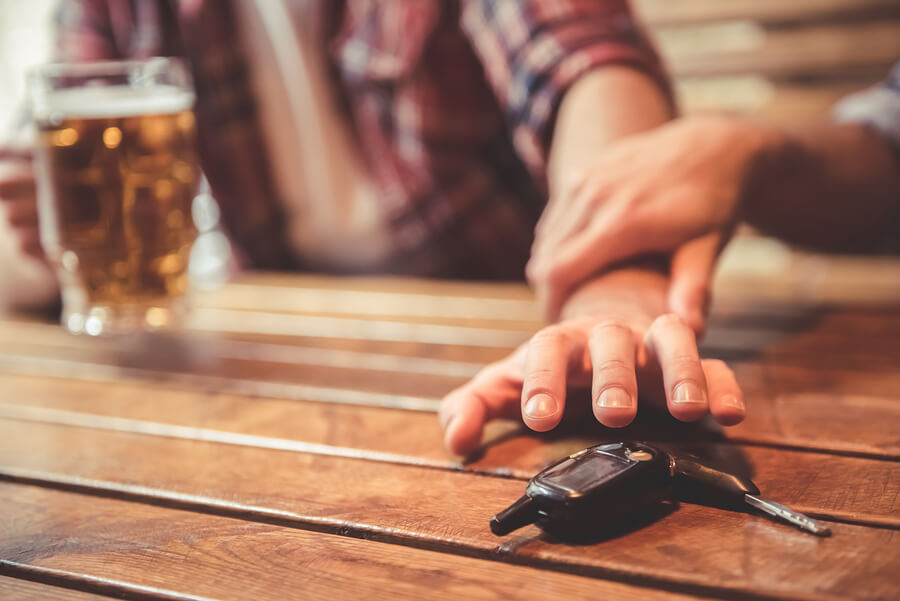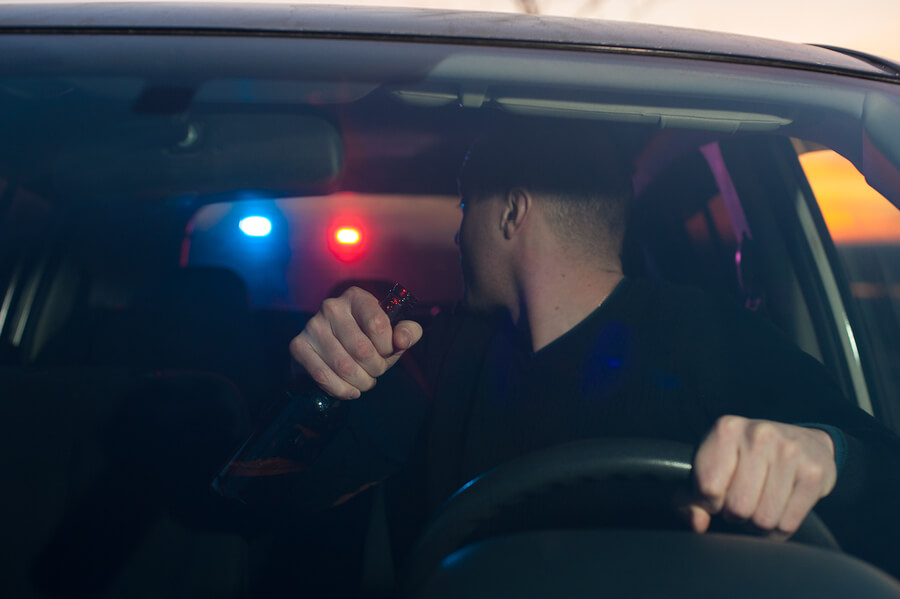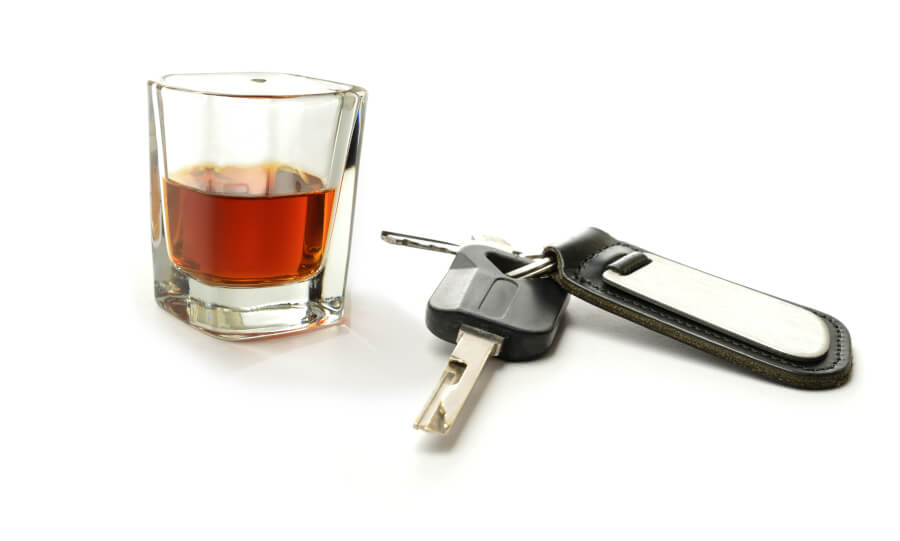Legally speaking, driving is a privilege in North Carolina and not a right, and if you are convicted of a DWI or a DUI-related offense in Raleigh or Wake County, then there’s a good possibility that you may lose your driving privileges. Fortunately, there are some ways that you can receive limited driving privileges after a DWI or DUI-related offense.
For more information about limited driving privileges in North Carolina, or to speak with one of the leading DWI attorneys in Raleigh, call the Law Office of Dewey P. Brinkley today. Following your DWI arrest, call our criminal defense law firm at (919) 832-0307 for a free consultation. We will work with you, every step of the way, to fight for favorable results, including limited driving privileges.
Understanding Limited Driving Privileges in North Carolina
When found guilty of an impaired driving offense, DWI or DUI, in Wake County or anywhere else in North Carolina, then you may be eligible for limited driving privileges. The North Carolina law covering limited driving privileges is North Carolina General Statute §20-179.3, and this statute lays out the eligibility and other requirements so that you can continue driving.
Additionally, it’s essential to understand that you can have your driver’s license suspended or revoked both after a charge and after a conviction, and there are eligibility considerations for both situations.
Pre-Trial DWI Charge and Limited Driving Privileges
 According to North Carolina General Statute § 20-16.5, you can lose your license due to the following three situations:
According to North Carolina General Statute § 20-16.5, you can lose your license due to the following three situations:
- After blowing a BAC of 0.08 or higher and you are charged with a DWI
- After blowing a BAC of 0.04 or higher as a commercial driver charged with a DWI
- After blowing a BAC of anything higher than 0.01 as a driver under 21 years of age
- Refusing to comply with a chemical test, violating implied consent laws
Following the revocation of your license, which is usually the arrest date, you have to wait 10 days before you can obtain your limited driving privileges. The eligibility for these privileges include:
- You had a valid driver’s license at the time of the offense (or your driver’s license was expired for less than a year)
- You do not have a pending DWI charge, or you receive another DWI conviction while your case is pending
- You had your driver’s license revoked for 10 days of a 30-day revocation or at least 30 days for a 45-day revocation
- You obtained a substance abuse assessment from a mental health facility. You must also register and participate in any recommended training or treatment.
By meeting these conditions, you and your DWI attorney can file a Petition for Limited Driving Privilege with the court. A hearing date is usually set, and you and your attorney will need to bring the necessary documentation to get your limited driving privileges. Generally, this documentation includes:
- Proof of Insurance through Form DL-123
- Proof of completion of a substance abuse assessment or proof that you enrolled in recommended treatment
- Certified copy of your 7-year driving history from the DMV
- Payment of $100 to the Clerk of Court
Eligibility for Limited Driving Privileges in North Carolina after a DWI Conviction
When found guilty of a DWI charge in North Carolina, you still may be able to receive limited driving privileges. The eligibility for a post-DWI conviction limited driving privilege is similar to the pre-trial DWI requirements mentioned above. However, this is only true if you are convicted of a Level 5, 4 or 3 impaired driving punishment. If you fall into this category and had an alcohol concentration of less than 0.15, then you can refer to above requirements for your driving privileges.
If you received a Level 1 or 2 punishment and/or had a BAC of 0.15 or over, then you may be considered a “High-Risk Driver.” This means that you’ll have to wait 45 days after the final conviction and you’ll have to comply with the ignition interlock requirements. After meeting these requirements, you may be eligible for interlock limited driving privileges.
What You Can Do With a Limited Driving Privilege
When you have limited driving privileges in North Carolina, you have a range of regulations that you must follow. Just some of the rules associated with these privileges include, but are not limited to:
- You cannot drive with any alcohol in your system (BAC of 0.00)
- You cannot drive with a controlled substance in your body, unless it’s a lawfully prescribed drug taken in recommend amounts
- Limited driving privileges do not include commercial vehicles (refer to statute § 20-4.01)
- You can drive for medical necessities at any time
- You can drive for work-related purposes during standard working hours, 6 AM to 8 PM, Monday – Friday. During this time, you may also drive in relation to maintenance of the household, educational purposes, attending alcohol assessments or other court-ordered requirements, and other specified activities.
- Driving during the non-standard hours may be allowed if the necessary documentation is provided to the court
Contact Raleigh’s Top DWI Attorney at Dewey Brinkley Law
If you have received limited driving privileges in North Carolina, then it’s essential to be fully aware of the law as well as your driving limitations. Failure to uphold these privileges may result in the loss of your license for the duration of the punishment.
By calling DWI attorney Dewey Brinkley in Raleigh NC, you can get one of the leading defense attorneys in the area to give your case the full representation it deserves.



